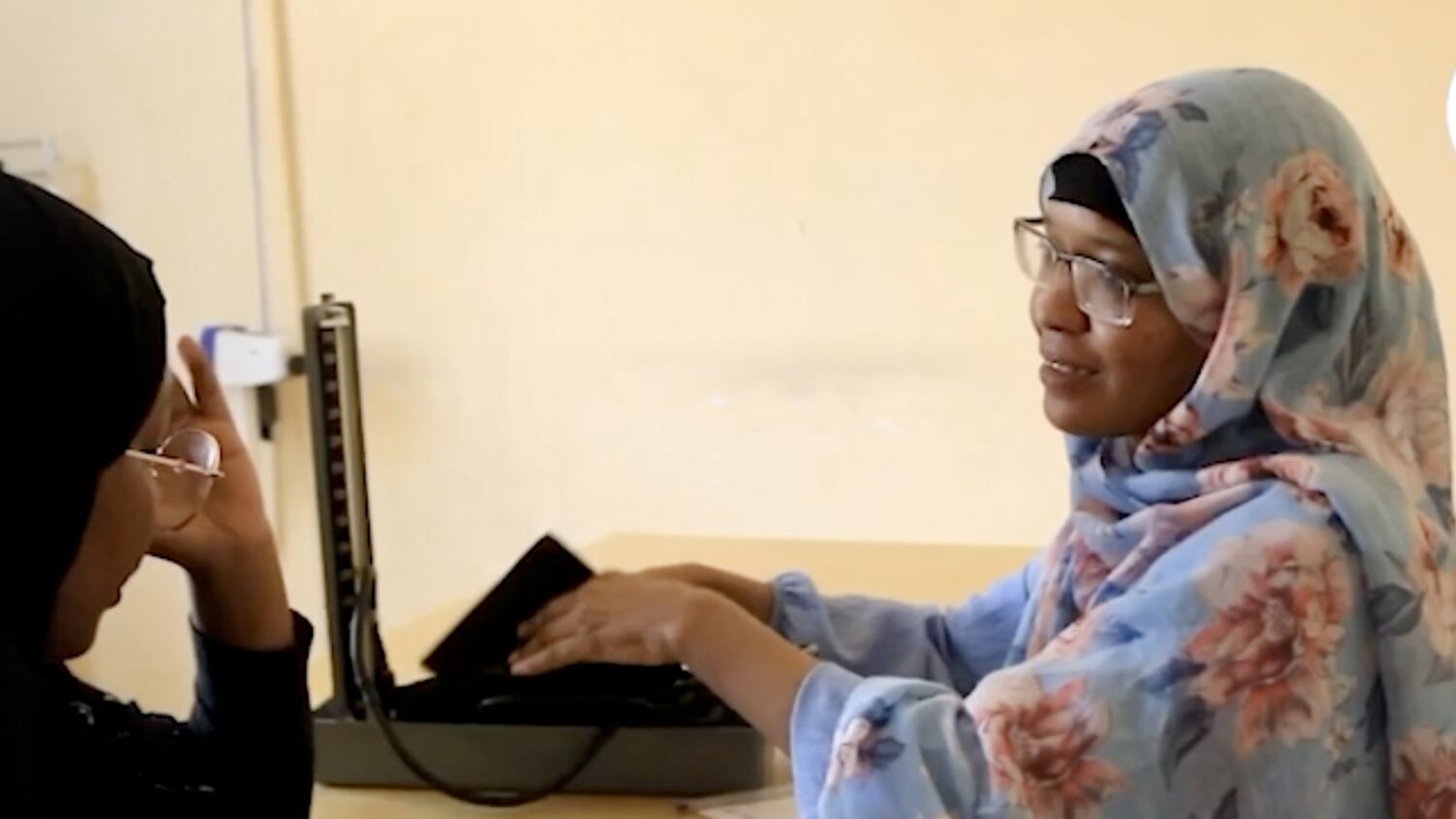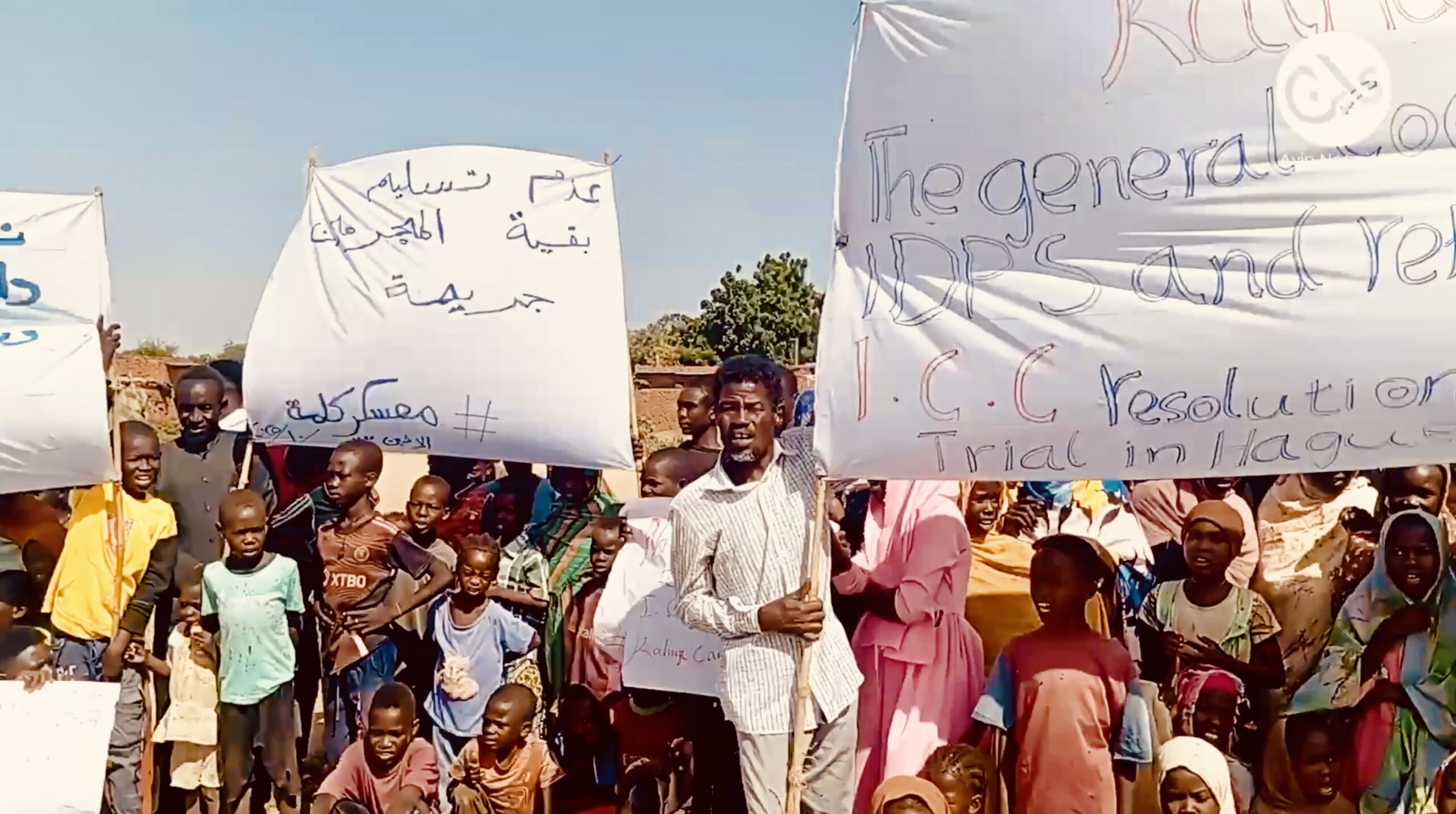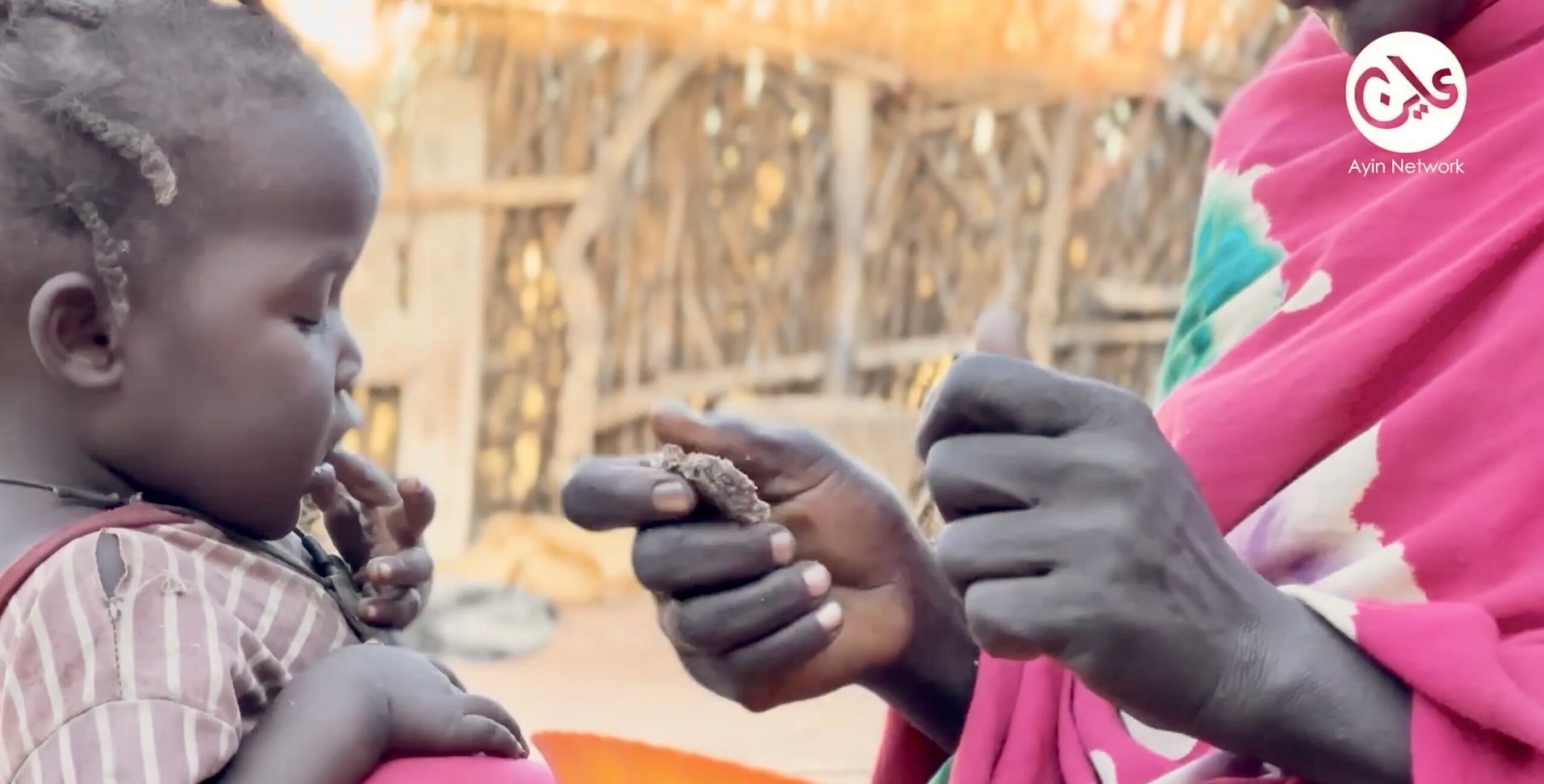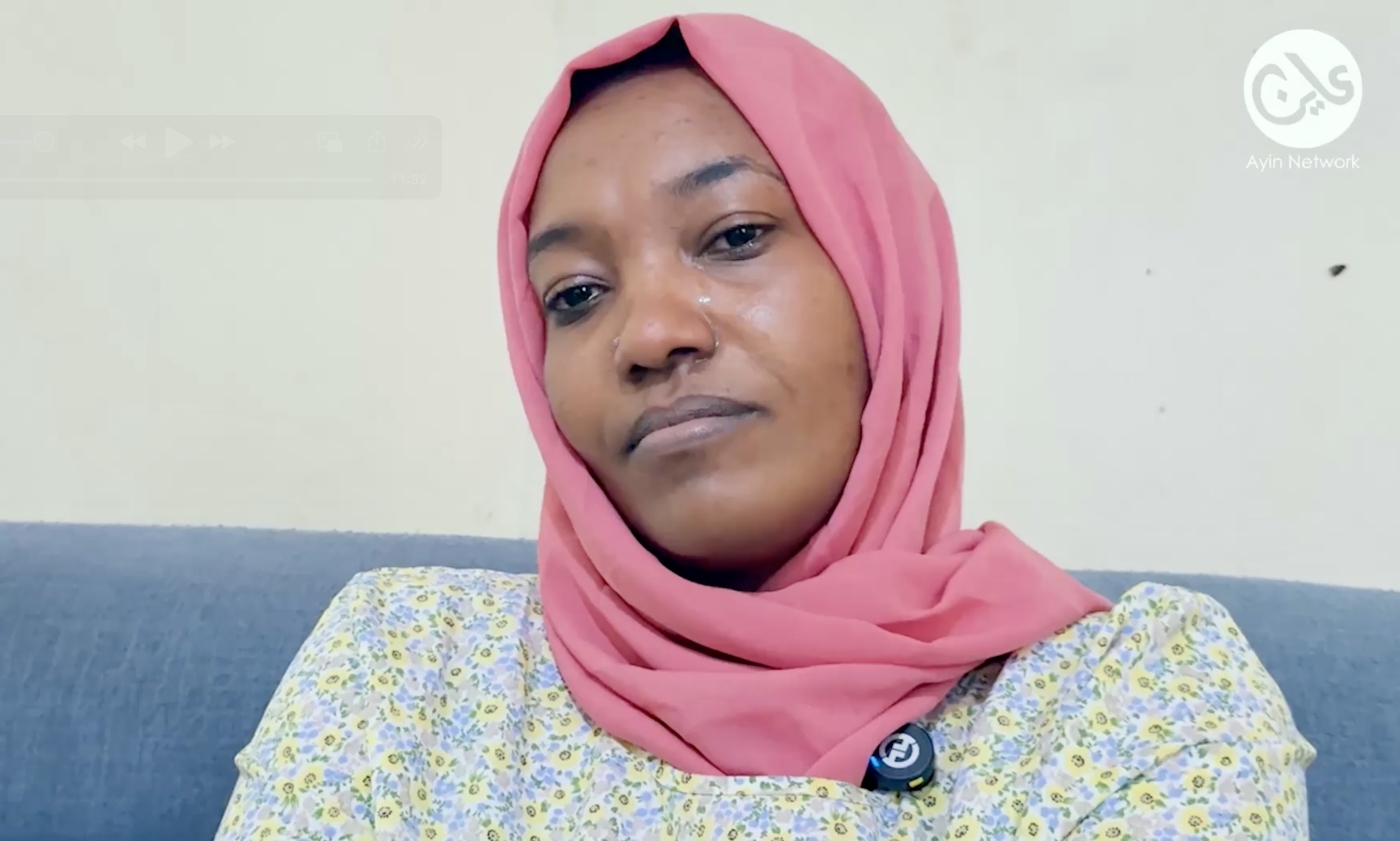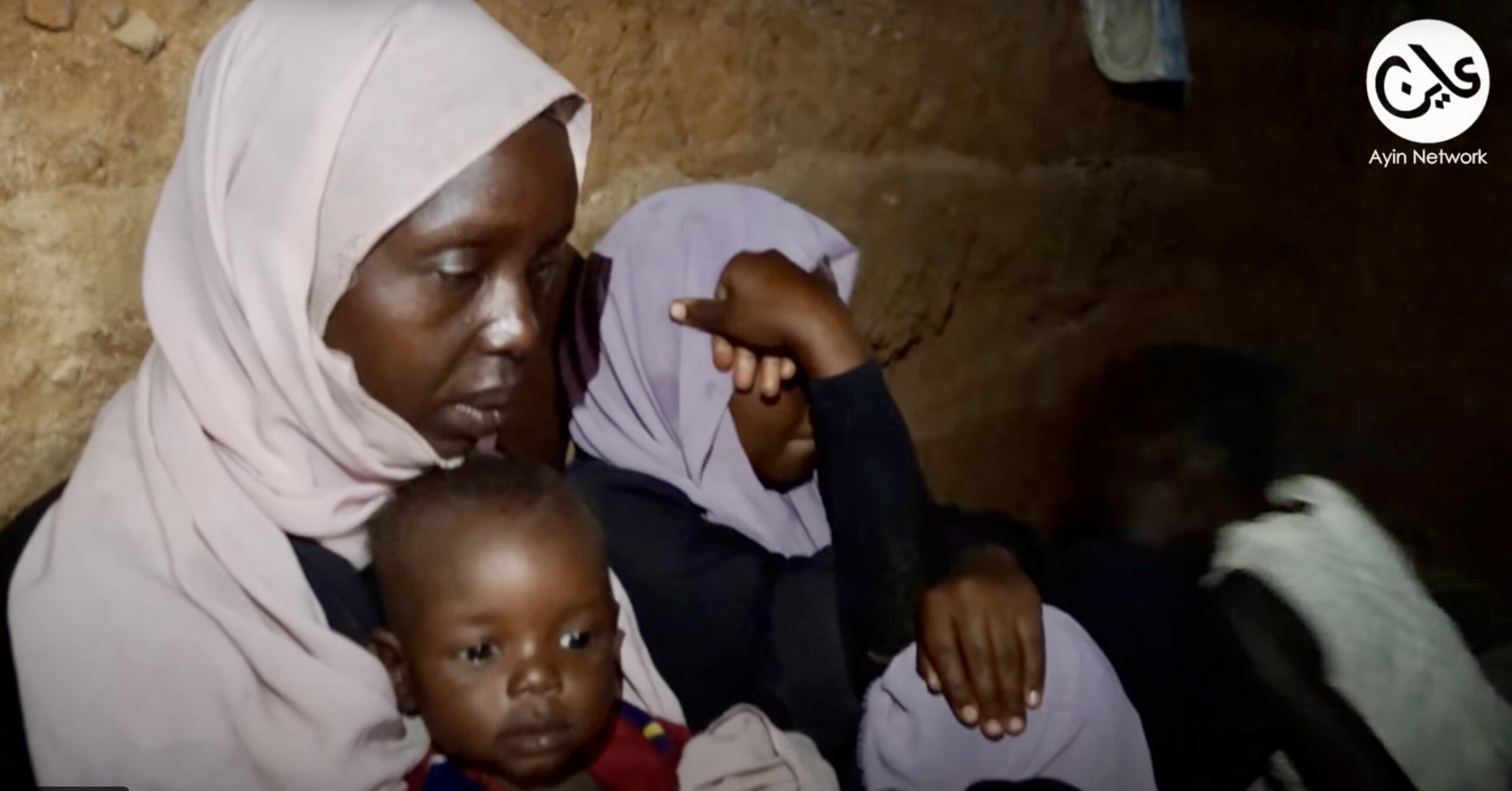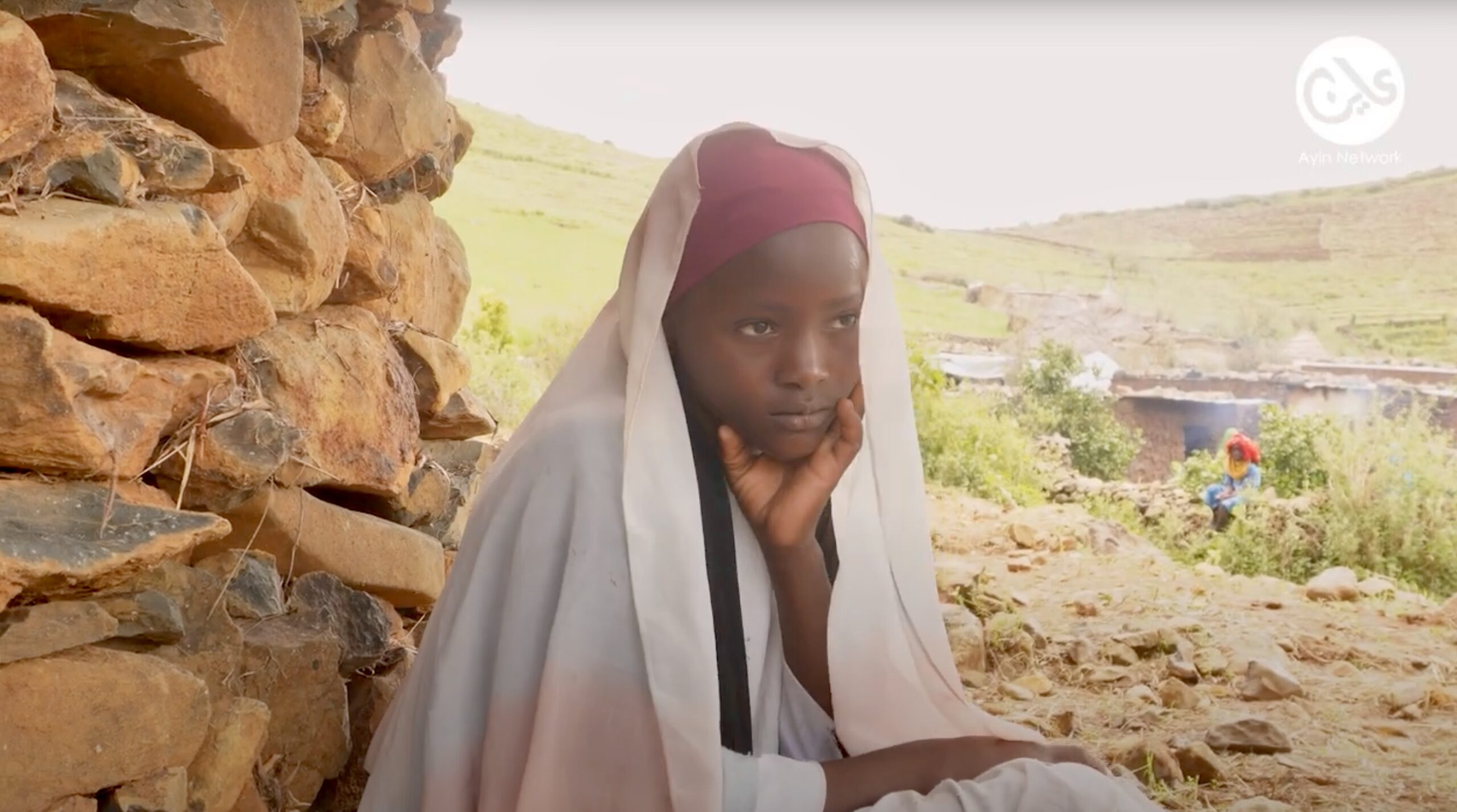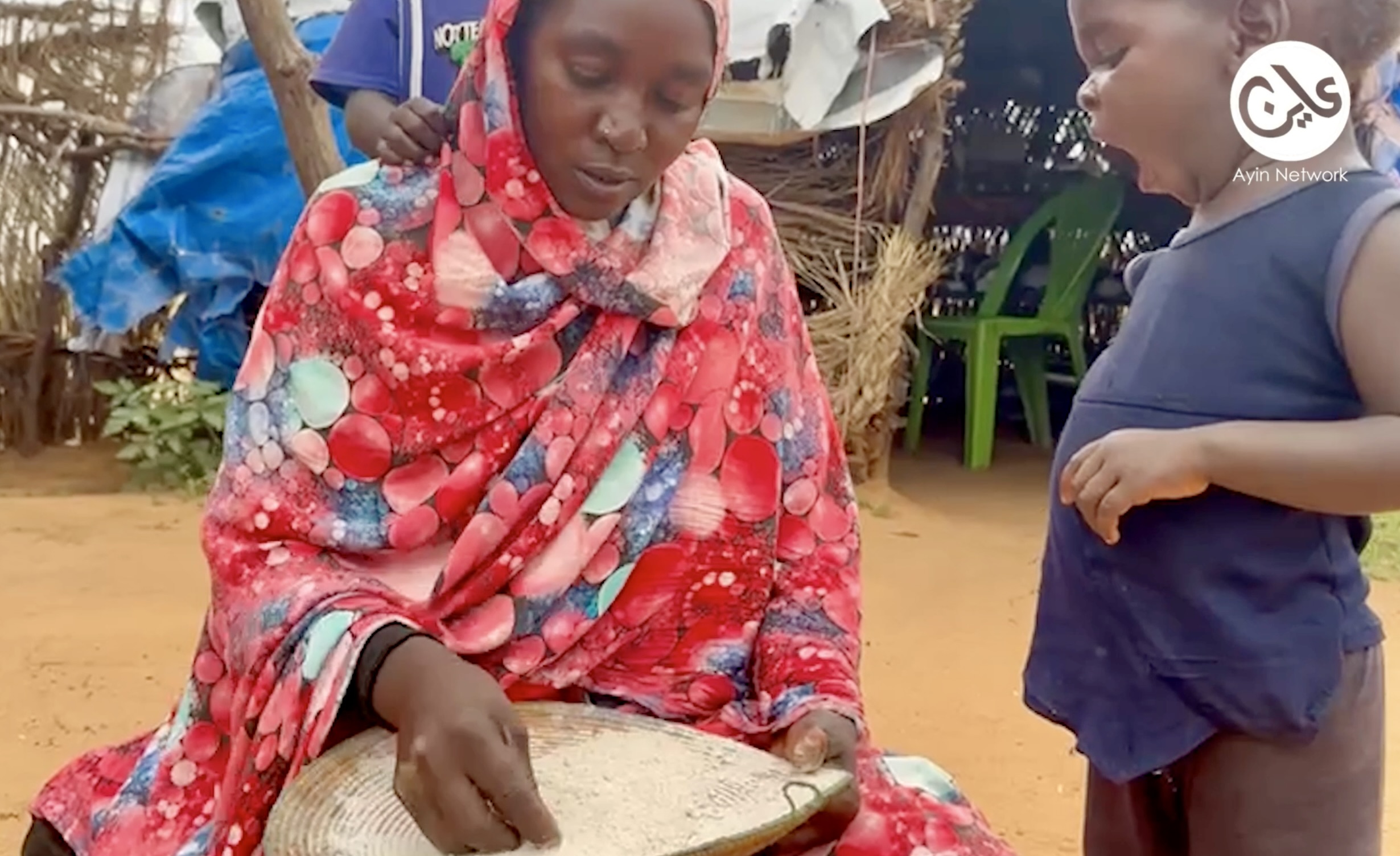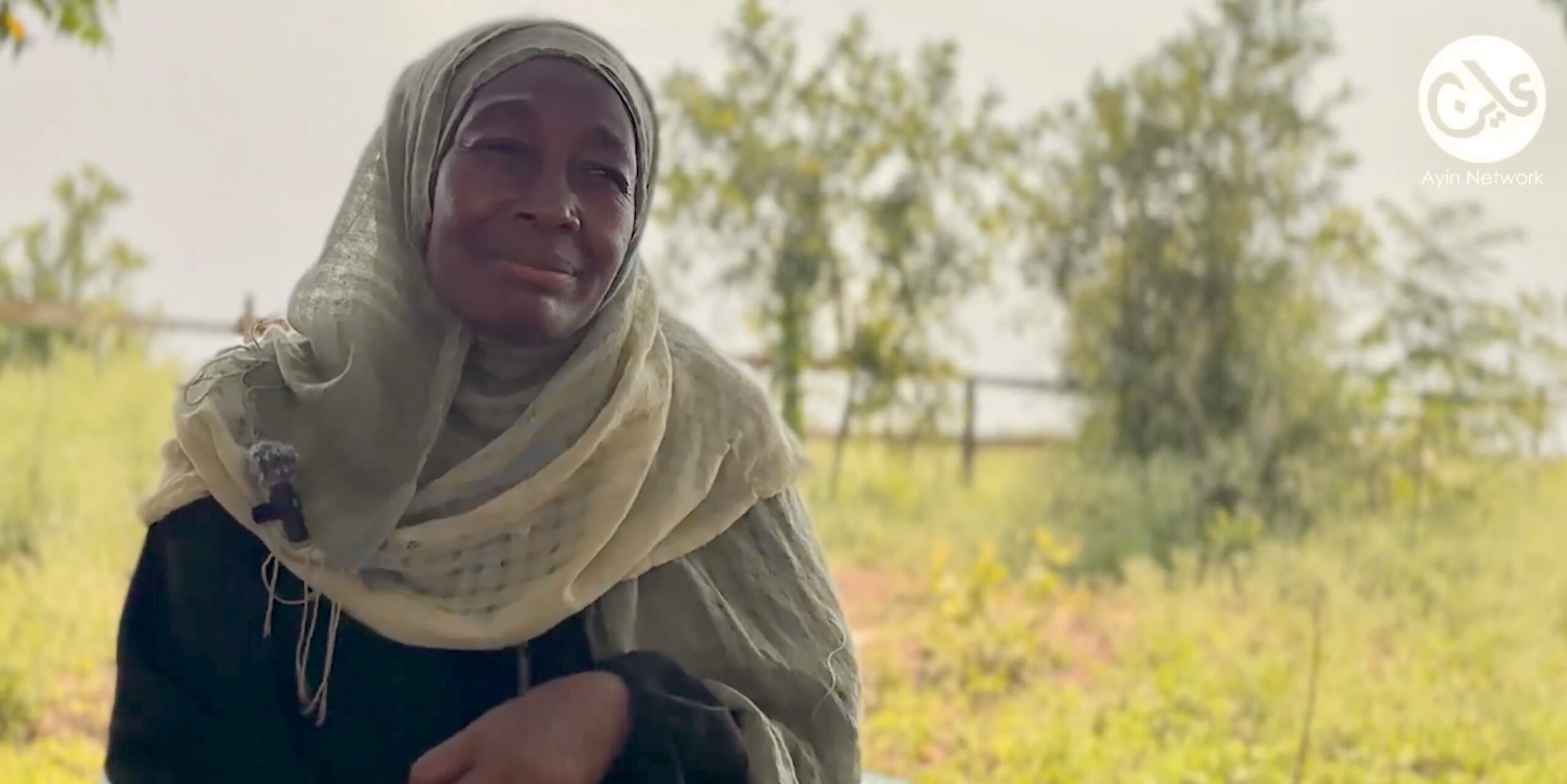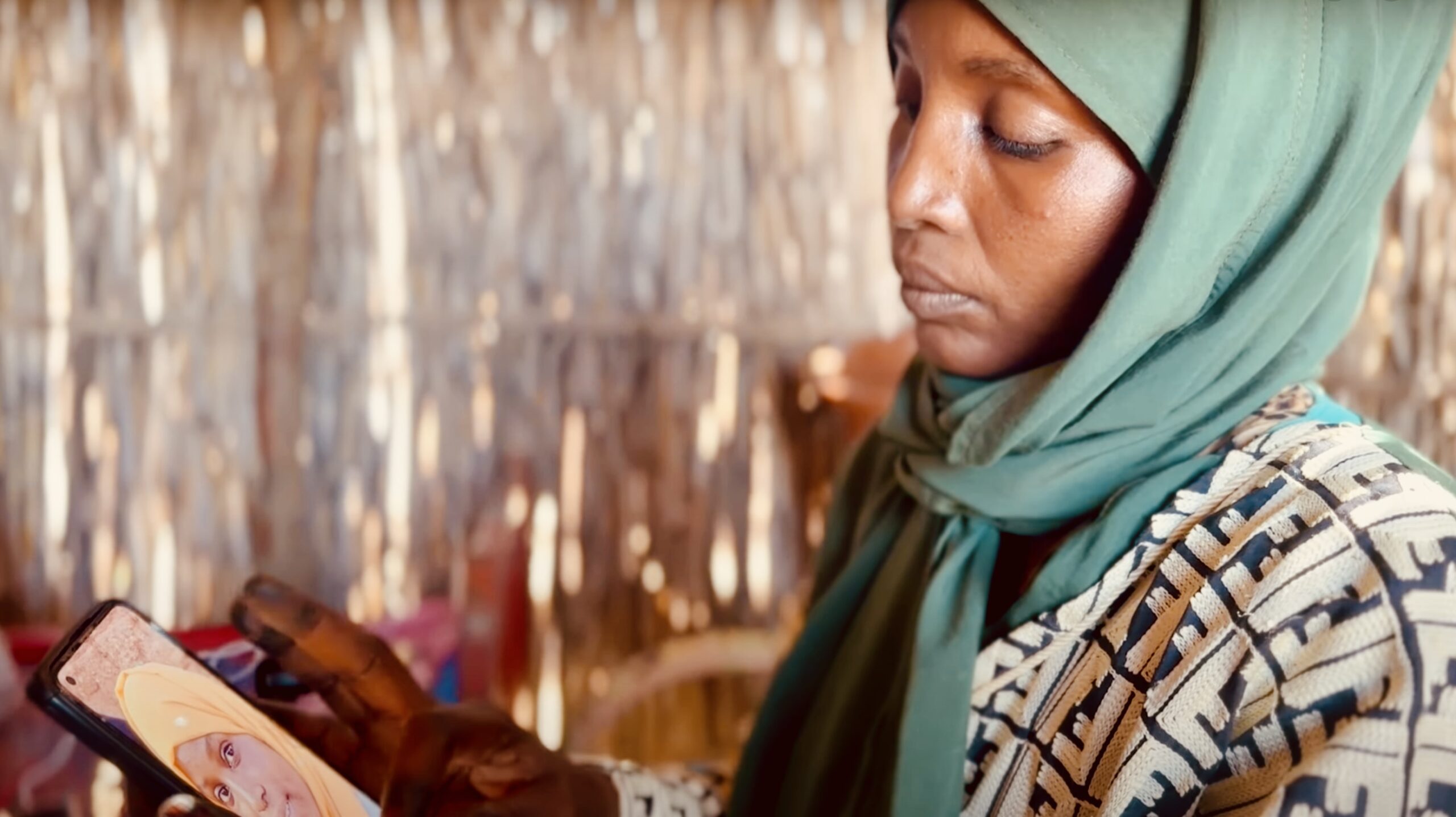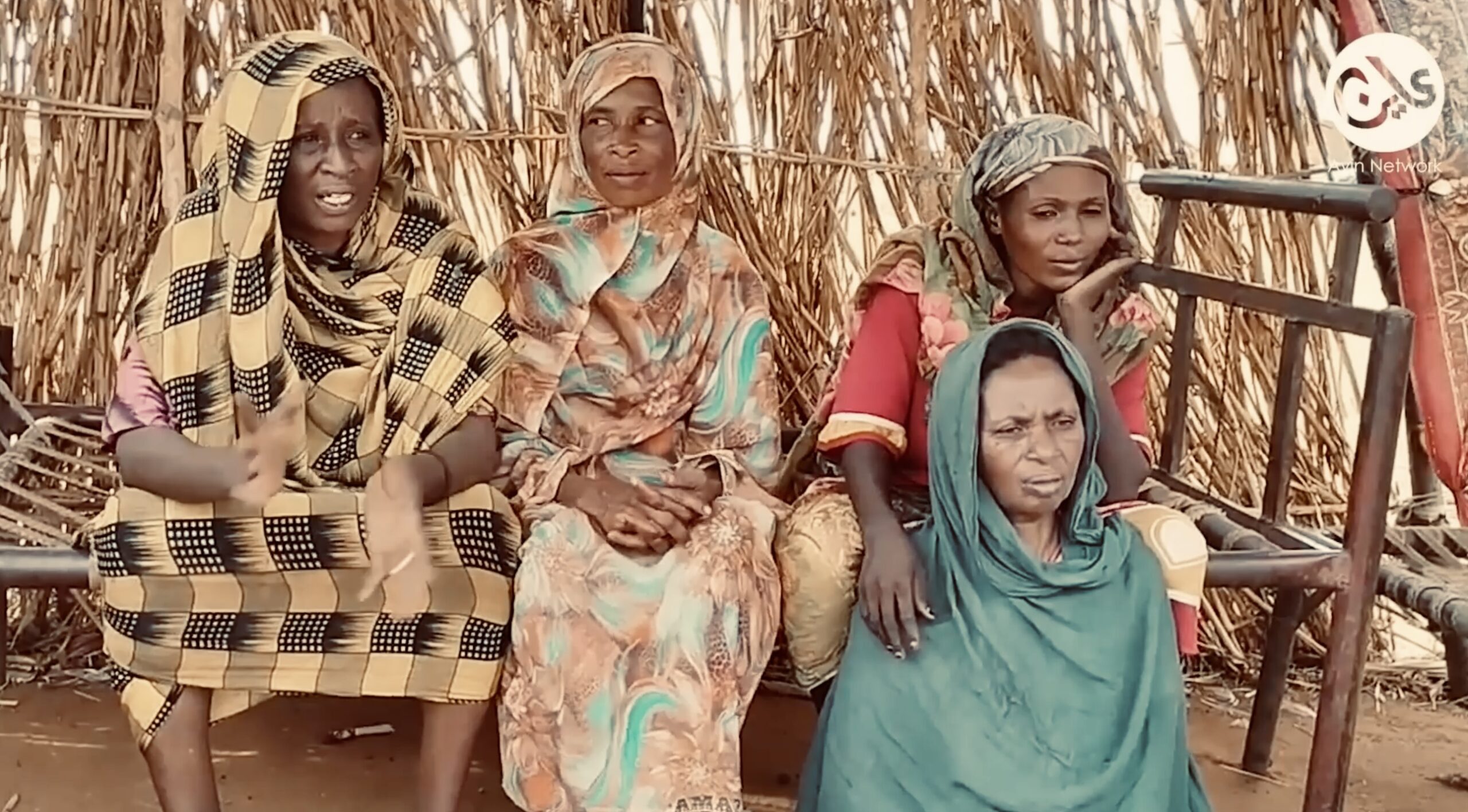Autumn epidemics ravage Sudan
10 September 2024
The ongoing conflict, now reaching 17 months, along with intense flooding has led to new health challenges for the country, including a rise in epidemics.
At the end of August, the total number of cholera cases reached 1,223, according to the Federal Ministry of Health. The total number of deaths reached forty eight.
The international president of Médecins Sans Frontières (MSF), Christos Christou, previously described the health situation in Sudan as the worst ever he has ever seen, exasperated by the fact roughly 70% of health facilities are no longer operational within the country.
On 23 August, the World Health Organisation (WHO) and the United Nations High Commissioner for Refugees (UNHCR) warned of the challenge posed by a second deadly cholera outbreak in Sudan. The last cholera outbreak in May saw more than 11,300 cases and at least 300 deaths, according to the global health organisation. Two-thirds of Sudan’s states are now facing multiple epidemics, including cholera, malaria, measles, and dengue fever, WHO reported. The global health organisation said that local resources and capacity to detect and respond to outbreaks remain limited, especially in hard-to-reach areas such as Darfur and the Kordofan states.
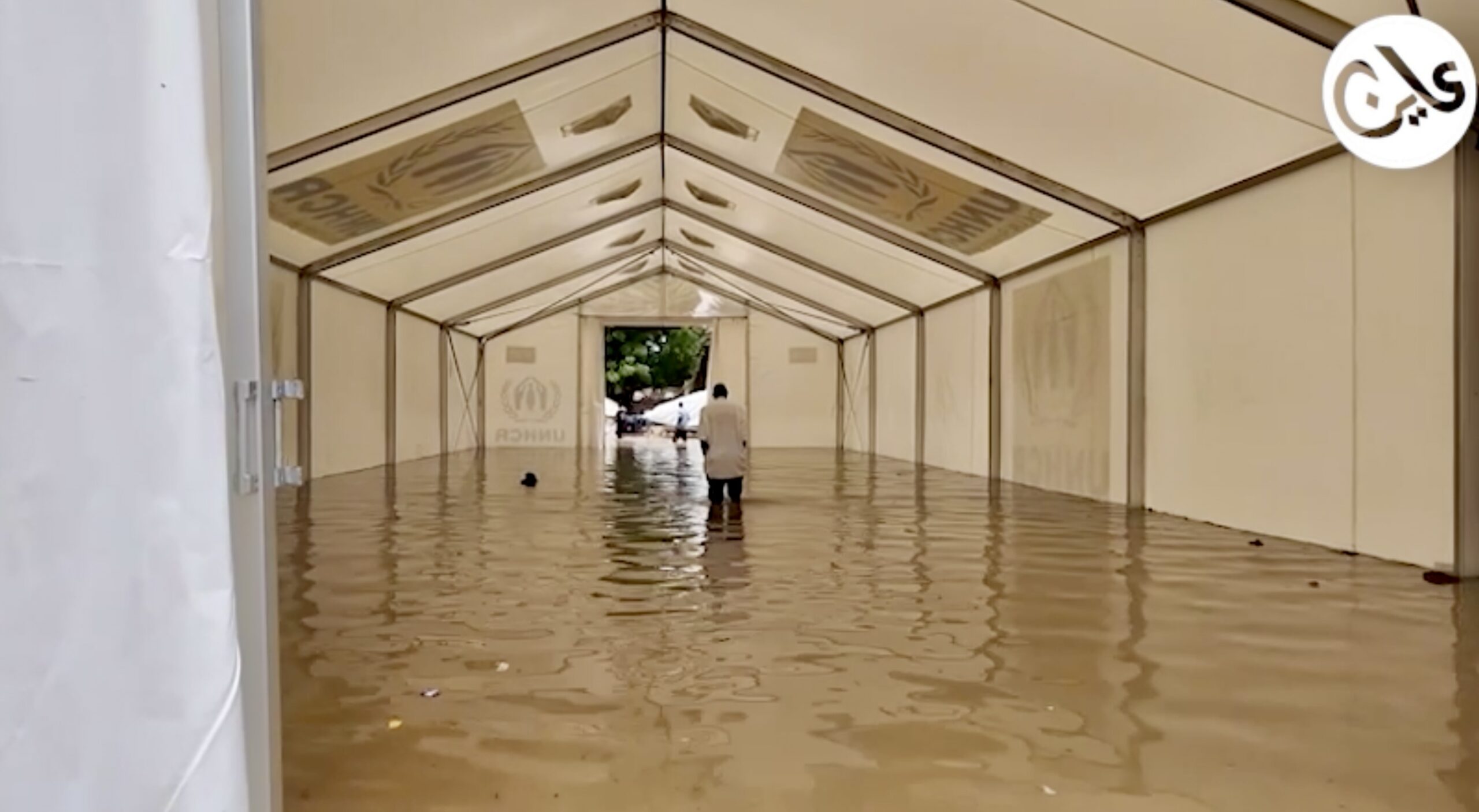
New diseases
In some areas, diseases rarely identified in Sudan are emerging. The Ministry of Health in Northern State announced the emergence of a highly contagious bacterial skin infection. The ministry identified over 260 cases of this illness in numerous communities throughout the state. The disease was found to have spread with the recent rainfall and floods that the Northern State witnessed.
In mild cases, the disease’s symptoms include a rash on the face, back, hands, and feet; in severe cases, the disease also causes fever, skin ulcers, and secretions.
The Director General of the Ministry of Health in Red Sea State, Ahlam Abdul Rasool, says that several diseases have emerged with the beginning of the rainy season, including acute watery diarrhoea, cholera, chikungunya fever, dengue fever, and Rift Valley fever.
In an interview with Ayin, Abdul Rasool explained that the main reason for the spread of these diseases is the lack of proper drainage of stagnant water, sanitation, and infrastructure, which has had a direct negative impact on the environment around humans and animals and weakened state health systems, which contributed to the spread of these diseases.
Regarding ways to combat these diseases, Abdul Rasool stressed the importance of implementing comprehensive environmental health campaigns to combat disease carriers through an integrated disease vector control programme.
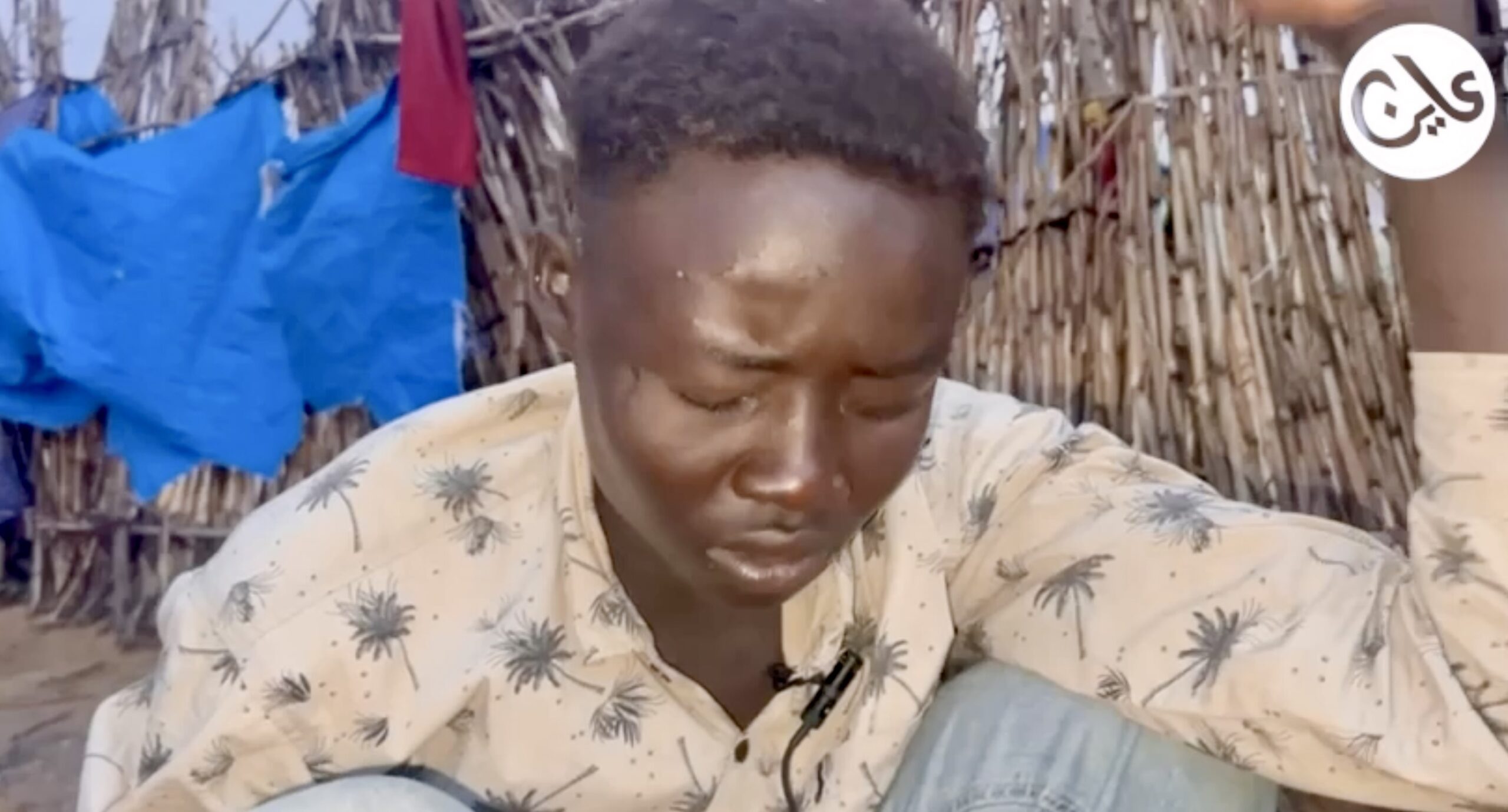
Contagious Diseases
In Gedaref City in eastern Sudan, Asmaa Kamal El-Din Hassan, a member of a local nonprofit that works to provide healthcare to those in need, explained that the state is witnessing the beginning of an outbreak of infectious diseases.
In an interview with Ayin, she said that these diseases include cholera, eye inflammations, and dengue fever.
Asmaa Kamal added that the organisation is working hard to provide health services, including nutrition and psychological support. She said that they are making great efforts to combat epidemics by providing medical consultations and appropriate medications to the most vulnerable groups. She pointed out that the strongest factor in increasing the spread of epidemics is the lack of health awareness and incorrect health practices, in addition to the lack of medical aids. Cooperation between local and international organisations and government health offices is critical, Kamal added, to identify and chlorinate wells to provide clean drinking water for displacement shelters.
Ahmed Mustafa, a member of a local Emergency Response Rooms (ERR), volunteer networks that help the conflict-affected, told Ayin they have built an urgent medical cell with professionals to address the health crisis. Mustafa told Ayin that the ERR purchased medical supplies to fight diseases and support medical staff, health centres, and field clinics’ efficiency and needs.
The emergency rooms and other Khartoum health officials collaborate on moving emergency cases and transporting people with unknown infections to help identify the diseases. Logistical challenges to quickly transport emergency cases and medical samples, however, still remain, Mustafa says, in addition to challenges in obtaining medicines, especially for chronic diseases.




